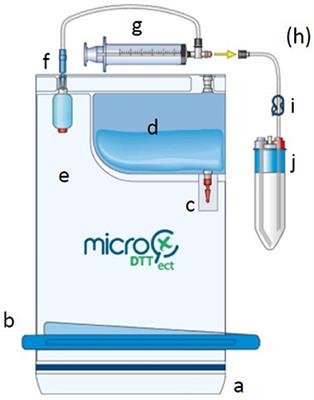EDITORIAL
Published on 18 Nov 2021
Editorial: Innovative Approaches in the Management of Bone and Joint Infection

doi 10.3389/fmed.2021.789092
- 1,198 views
- 2 citations
22k
Total downloads
104k
Total views and downloads
EDITORIAL
Published on 18 Nov 2021

ORIGINAL RESEARCH
Published on 20 Sep 2021

MINI REVIEW
Published on 17 May 2021

ORIGINAL RESEARCH
Published on 14 May 2021

ORIGINAL RESEARCH
Published on 10 May 2021

CASE REPORT
Published on 05 May 2021

MINI REVIEW
Published on 03 May 2021

BRIEF RESEARCH REPORT
Published on 31 Mar 2021

BRIEF RESEARCH REPORT
Published on 16 Mar 2021

ORIGINAL RESEARCH
Published on 05 Mar 2021

ORIGINAL RESEARCH
Published on 21 Jan 2021

ORIGINAL RESEARCH
Published on 20 Jan 2021
